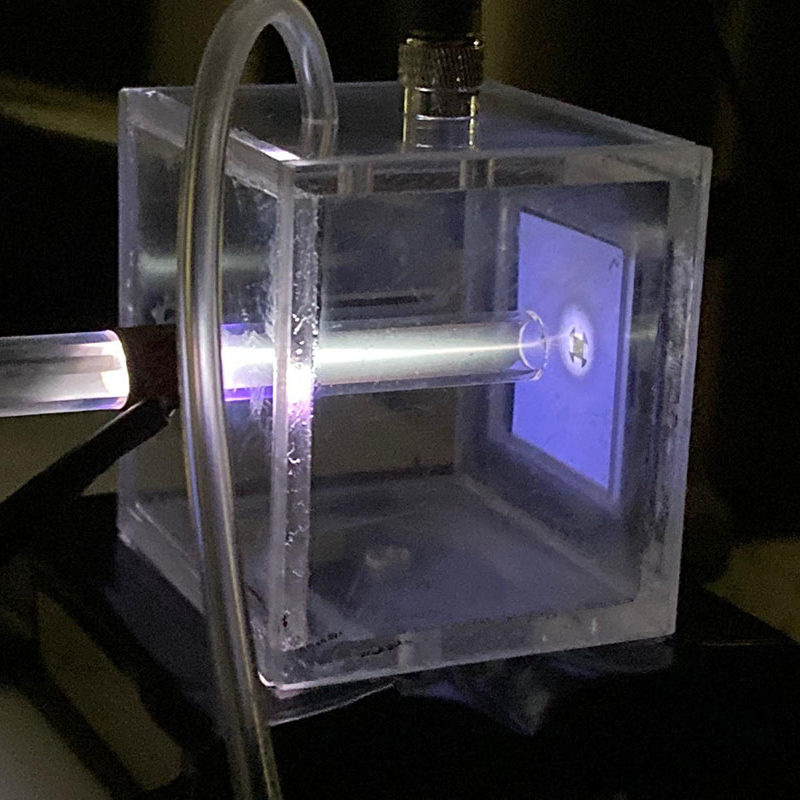Long-term solutions for energy use don’t happen overnight. They are most often found through a lengthy process of trial and error. A multidisciplinary team of researchers from the University of Notre Dame and Idaho National Laboratory is working to shorten the timeline for advanced energy storage and conversion in manufacturing processes.
Led by Tengfei Luo, professor of aerospace and mechanical engineering, the team is developing novel materials for use in thermoelectric generators. These generators are used in industry to capture the largely untapped energy in heat “wasted” in many manufacturing applications.
“Studies show that approximately half of all the fuel used by industry becomes waste heat,” said Luo. “Across the country’s manufacturing sector, that’s an estimated 14.6 GW of potential energy that could be used if we could efficiently harvest it.”
Current waste heat recovery systems capture only a portion of the waste, roughly 800MW of the energy, Luo said.
Combining Bayesian optimization, machine learning, 3D printing, plasma sintering, and high-throughput characterization, the team is developing an optimal strategy to synthesize materials for thermoelectric generators that offer the most desirable properties before actually producing and testing the materials.
“We’re leveraging a new machine learning technique called transfer learning,” said Luo. In transfer learning, knowledge from past tasks helps reduce the data needed to make accurate predictions for future manufacturing conditions.
“Through transfer learning, we’re able to pinpoint the new materials and manufacturing processes with the greatest potential for success much earlier than conventional machine learning strategies which rely on big data,” Luo said. “The entire development process, and these new materials, will become quicker and less expensive as we select characteristics for each specific use.”
Each team member offers complementary expertise. Luo brings his background in machine learning and thermoelectric materials. Alexander W. Dowling, assistant professor of chemical and biomolecular engineering, offers experience in Bayesian optimization. Yanliang Zhang, associate professor of aerospace and mechanical engineering, provides extensive knowledge in thermoelectric materials as well as in additive manufacturing of functional materials and devices. David B. Go, the Rooney Family Collegiate Professor, and Michael D. McMurtrey, materials scientist at Idaho National Laboratory, bring a mastery of plasma sintering. McMurtrey also offers command in aerosol and plasma jet printing.
The three-year project is funded through the U.S. Department of Energy’s Advanced Manufacturing Office (AMO). Within the Office of Energy Efficiency and Renewable Energy, the AMO is dedicated to improving the energy and material efficiency, productivity, and competitiveness of manufacturers across the industrial sector. The project’s adaptive machine learning approach could also be adapted to other design applications, such as coatings, energy materials, and pharmaceuticals.
— Nina Welding, College of Engineering
